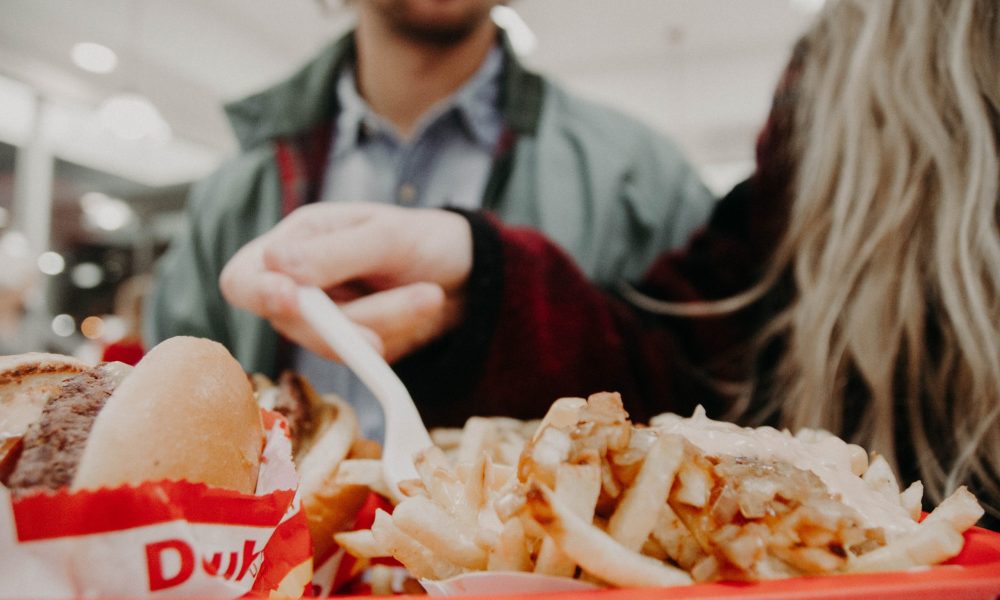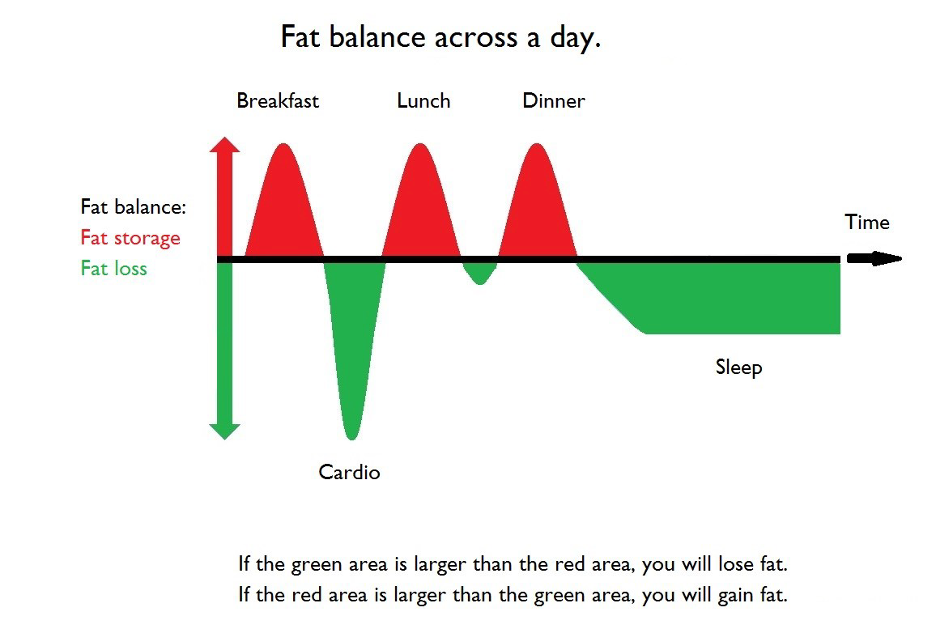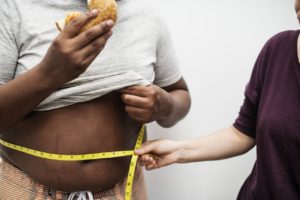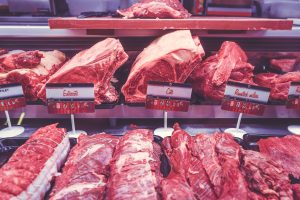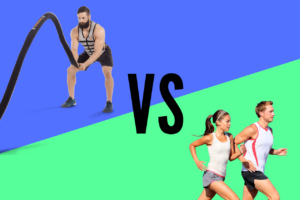
Steady State Cardio Vs HIIT | What Does Science Say?
Contrary to popular belief, you don’t need cardio for any physique transforming goal. So while it’s not as important as strength training, it does have it’s place. This then begs the infamous question, which type of cardio should I do?

